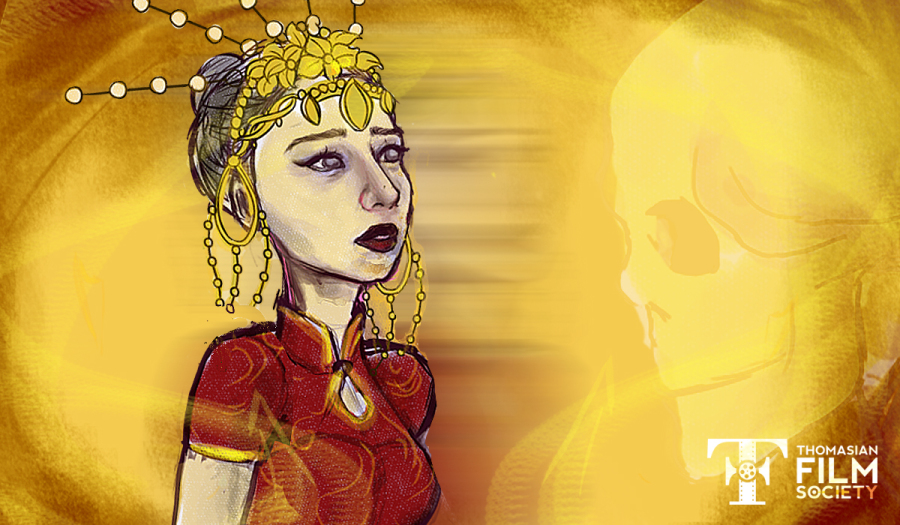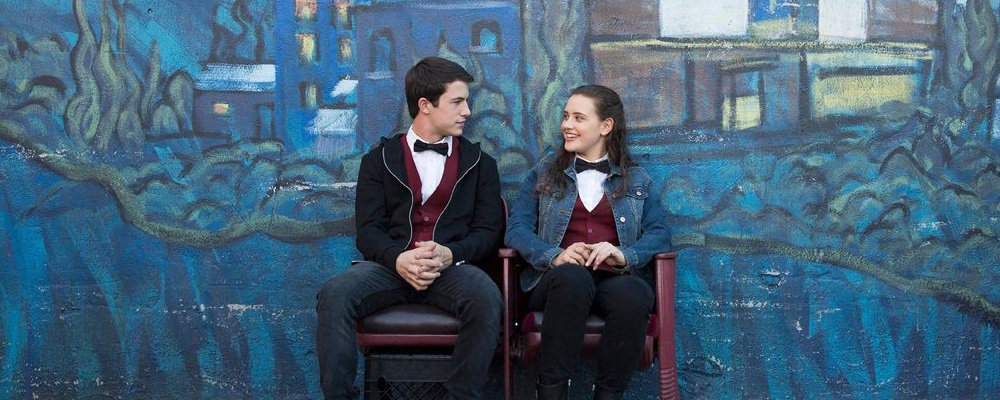
Art by Muriel Lego
Chito Roño’s The Ghost Bride is a movie that gives me very mixed feelings. It is a movie, released in 2017 that can be mistaken for a movie released almost a decade earlier. With lackluster special effects and almost zero understanding of scare tactics, it is easy to disregard this movie as another Filipino horror B-movie, released as a cash grab to capitalize on this year’s Halloween season.
The movie is centered on Kim Chiu, who plays an impoverished Filipino-Chinese woman, struggling under the weight of family responsibility, and self-actualization. Throughout the whole movie, she tries to reconcile her drive to serve her family, with her desire to start making decisions that will benefit her, as a woman about to start her own life.
Kim Chiu acts as this movie’s tent-pole. Previously typecast as a rom-com female lead, Kim Chiu breaks the mold she was previously fit into by Filipino cinema. In this movie, she is not cutesy or lovesick. Instead, she deals with believable real-world problems, specific to women of Chinese heritage in the Philippines.

What Roño did best in this movie, is re-create the texture of a Chinese family. Pre-dominantly set in China town, the movie is very effective in integrating the culture that pervades those who live in that area. Another interesting factor introduced in the movie is the battle between progress, and tradition. Kim Chiu’s character and her boyfriend, played by Matteo Guidicelli, are both on the cusp of impending arranged marriages. They, however, try to rebel, fighting to break free from the decisions that their families are trying to make for them. Another instance where progress vs. tradition manifests is with Kim Chiu’s family. Her family comes from a long line of performers. They perform the Kao-ka, a traditional Chinese play, not dissimilar to the Japanese Kabuki. However, they struggle to keep their performances alive, because, with every passing generation, interest in their art has constantly diminished.
These elements are the backbone of The Ghost Bride. Personally, I was quite surprised at how well the premise was set-up. Despite it being a horror movie, the movie was able to create a heavy sense of drama, that one would typically expect from a Mano Po movie. Kim Chiu’s strong performance made her character wholly believable and easy to empathize with. At first, she is presented as a frustrated daughter, driven by love. However, as the movie progresses, those layers are peeled, revealing a woman fighting for her place in the world, beyond her family, beyond the men trying to take control of her life.
The movie is ultimately betrayed by its technical aspects. For one, the director does not seem to know how to scare an audience. Instead of using traditional special effects, the studio opted to use computer-generated graphics that came off tacky and outdated. Despite the movie’s strong backbone, it is a slog to watch. The movie’s horror segments that would normally give the movie a sense of urgency, instead breaks the movie’s pace, making it feel jarring and disjointed. At some points, you would laugh instead of screaming, due to the unbelievable nature of the movie’s ghosts.
Unfortunately, despite the movie’s promising story, I find this movie difficult to recommend to a casual viewer. If you’re looking for a thriller to watch with your friends, this is not that movie. The movie attempts to scare its viewers on numerous occasions, but it often fails due to technical misgivings. However, if you can get past that, what awaits is a movie full of heart. Personally, I enjoyed it because it reminds me of 80s horror, where character development is given as much premium as jump scares.
Advertisements Share this:




